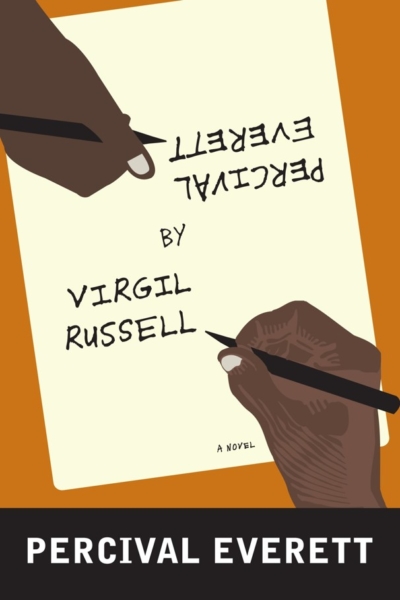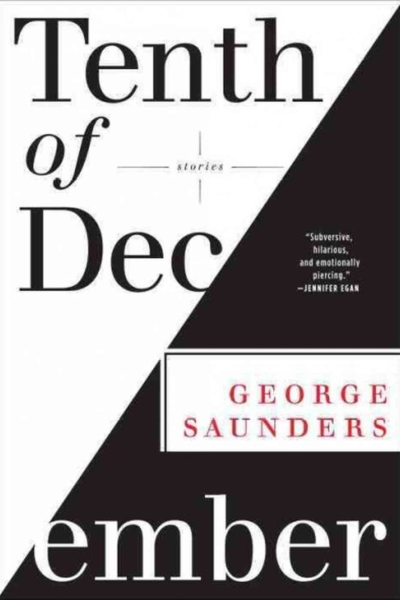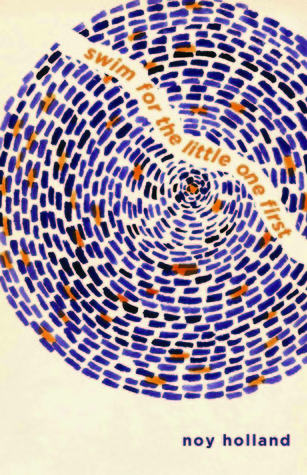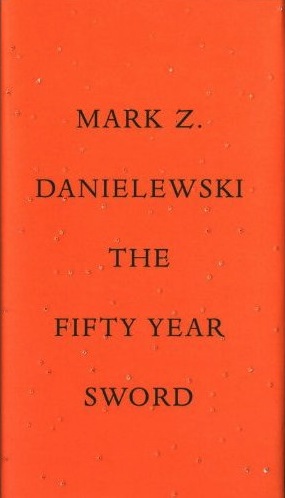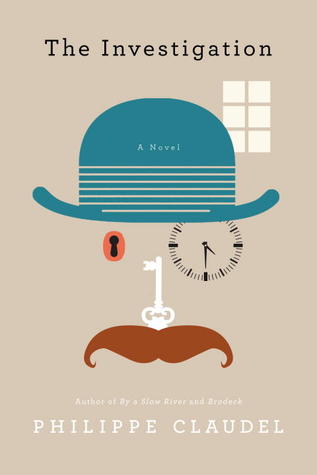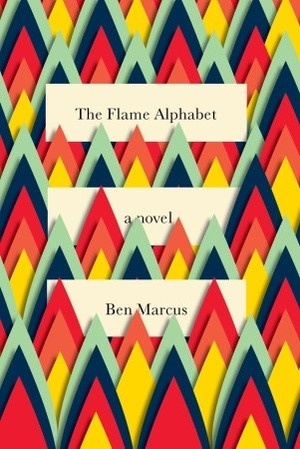Percival Everett by Virgil Russell – Percival Everett
At its best, Everett’s self-reflexive mockery and abrasive humor closely approach the line separating productive ridicule and mere negation, but don’t quite cross it.
Tenth of December – George Saunders
Saunders’s fiction leaves the discernible impression its representation of human folly is at least partly meant to suggest we should (and could) stop doing and believing the things that make it possible.
Swim for the Little One First – Noy Holland
Holland’s stories do not indulge in easy emotions, even if the bleak emotional atmosphere in many of them can be chilling.
The Fifty Year Sword – Mark Danielewski
Once it has been established that our assumptions about reading are arbitrary, to keep issuing reminders without demonstrating how literature might be approached differently makes the effort seem like gimmickry.
The Investigation – Philippe Claudel
Why, after almost 100 years, would a novel that so obviously duplicates the most familiar features of the Kafkaesque, that so obviously wants to be Kafkaesque, also still want to be regarded as somehow original and daring?
The Flame Alphabet – Ben Marcus
If language is indeed an elusive phenomenon whose power exceeds our capacity to wield it, this is a proposition that comes to our attention because it is advanced directly, in no uncertain terms…not because the novel itself embodies the idea aesthetically.
If much “experimental” fiction is primarily experiment with form, Lutz’s innovation is in paring back form in order to reconceive the purpose of the sentence as the truly essential element of prose fiction.
Simply inverting realism through surrealistic distortion and discordance (as if “realism” is still the primary enemy of innovation in fiction rather than conformity of practice more broadly) is a limited strategy that can become just as conventionalized as realism. Working toward a hybrid of fiction and poetry would perhaps encourage writers–and readers–to focus more on language as the essential element of both.



